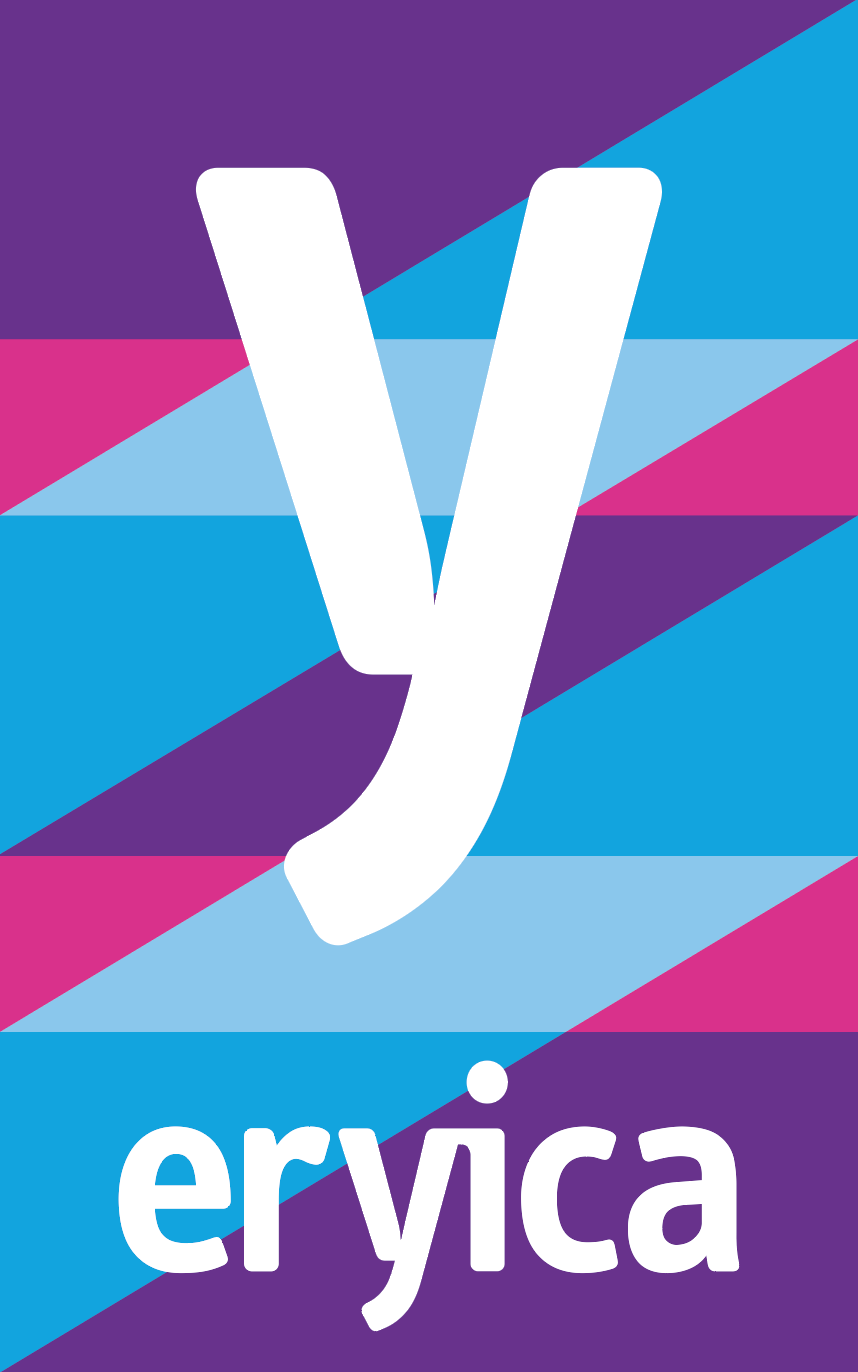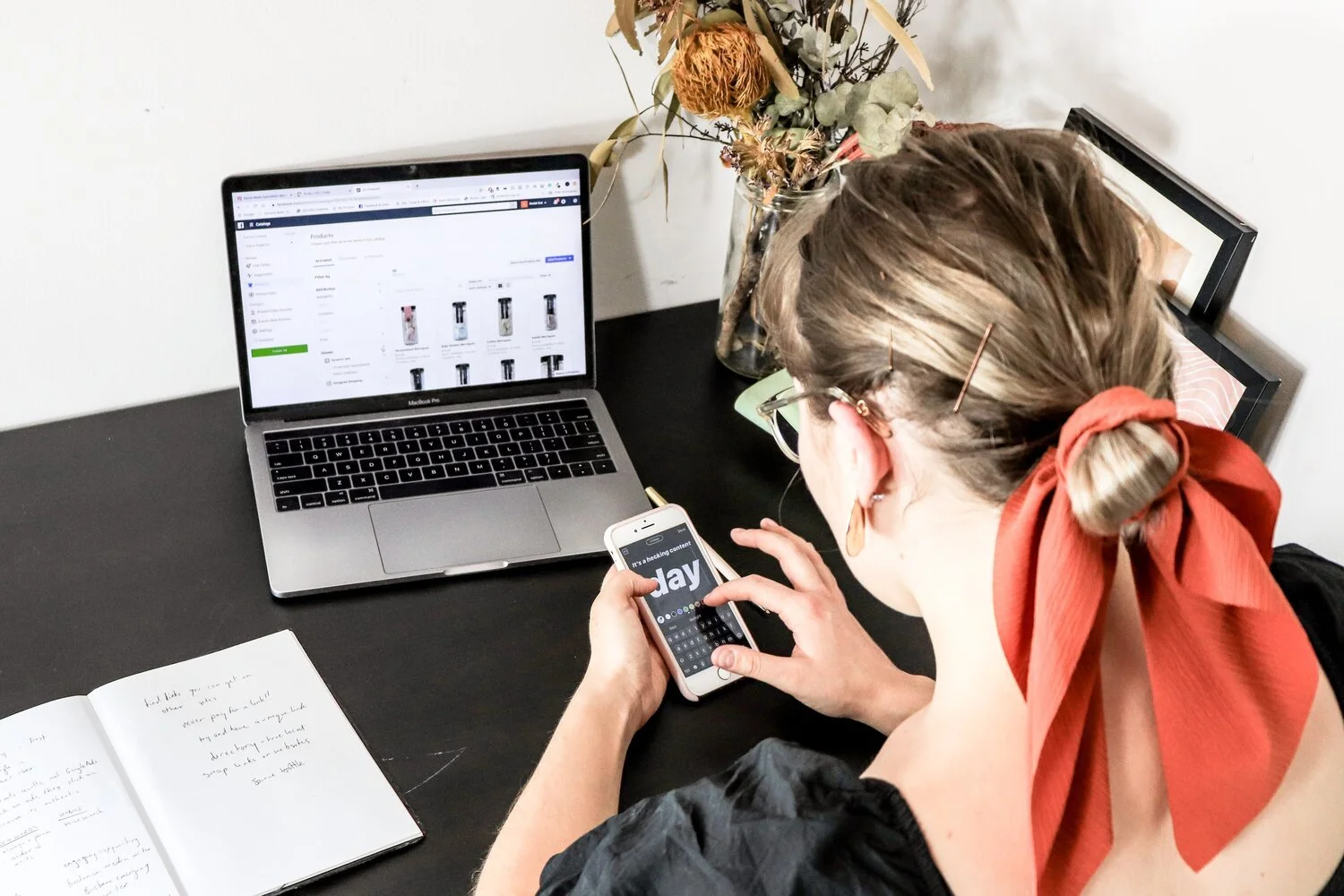Building a social media resilience toolkit- SMaRT-EU project
2020
Building a social media resilience toolkit- SMaRT-EU project
Social Media Resilience Toolkit - SMaRT-EU is a project funded by the Media Literacy for All Programme of the European Commission. It aims to l provide tools, suggestions and resources to train young people, digital immigrants (+50) and also the intermediaries who work with them in how to read media - particularly social media; critically understand how social media represent people and issues; and how to navigate with critical consciousness in the saturated and instantaneous informational social media environment, addressing the importance of fact-checking skills.
SMaRT-EU will work across these two generations and across five European countries (Portugal, Spain, Croatia, Belgium, and Estonia) and seven languages (English, Portuguese, Spanish, Croatian, Dutch, Estonian and French, ensured by translations of some of the materials of the outputs) to develop media literacy as a form of resilience against fake news and disinformation. The project partners will work with diverse community groups, ensuring that the project will reach digital natives and immigrants from different backgrounds and cultures. The project, starting in October 2020, will run till October 2021 and counts on the involvement of 6 partners: COFAC (Portugal), Ponty (Spain), DKMK (Croatia), IMEC (Belgium), Tartu University (Estonia), and ERYICA (Luxembourg). During the project timeline, there will be five main activity streams comprising:
Tools for social media resilience,
Participative activities with local intergenerational communities, using social media,
Online platform,
B-learning course and final workshop,
Youtube news.
By this activities, SMaRT-EU aims to:
Produce a range of open access, tools, for use within social media spaces, for social-media resilience, to be disseminated and accessed across the EU, accompanied by intergenerational community training materials
Provide a transferable methodology, of value to stakeholders beyond the duration and scope of the project, for working with the community organisations to develop social media resilience in both younger and older citizens to reduce the potential impact of ‘fake news’ and the negative effects of social media, and to enable agentive media use for positive civic engagement.
Provide EU leaders with data, generated through participative methods, in places where citizens from fragile context lives, and with community organisations in national contexts, to capture EU citizens’s lived experiences, across generations, of online fake news , social media and their existing civic engagements through digital media.

